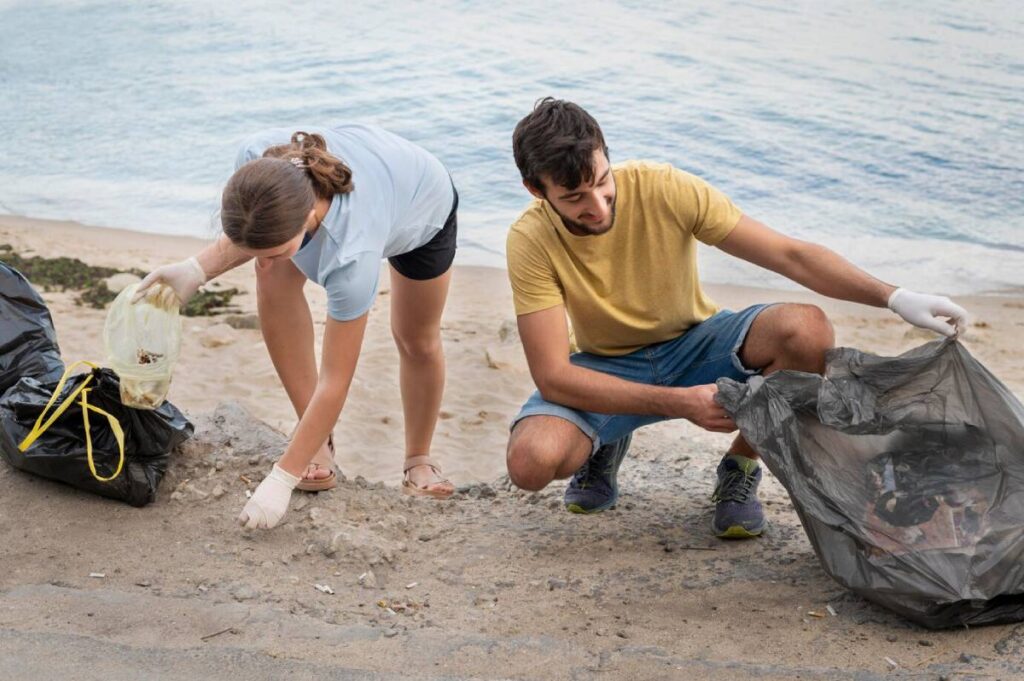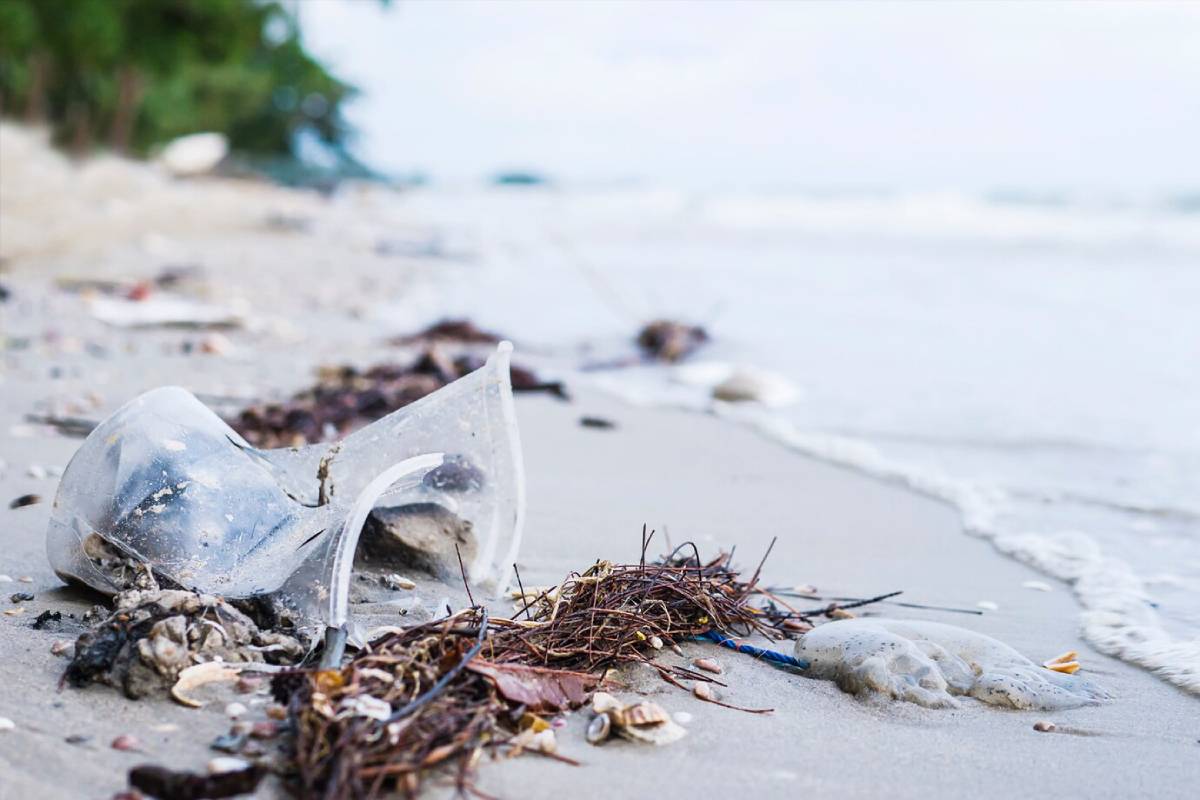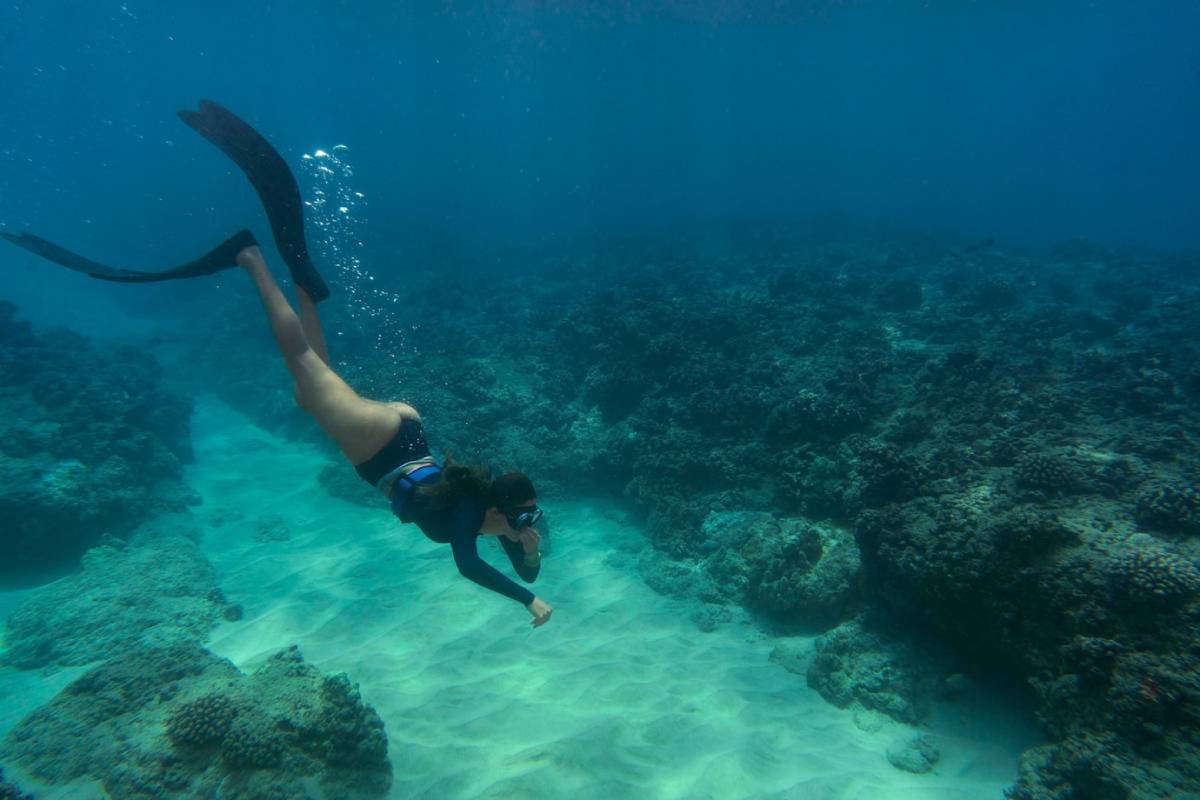Travel Blogs

Supporting Marine Conservation Through Travel
The ocean is magic. Marine life is like another world. You can see colourful coral reefs, gliding manta rays, and playful dolphins. But our oceans are in trouble.
Overfishing, pollution, and climate change are threatening marine species and habitats. Yet tourism, when done right, can help. That’s where marine conservation tourism comes in.
In this guide, you’ll learn how to enjoy the sea responsibly. You’ll find ways to back ocean-saving projects and make your travels more helpful. Because sustainable sea travel is about loving the ocean—and protecting it.
Why the Ocean Needs Our Help

Our oceans cover over 70% of the planet and support life in ways we’re only beginning to understand. But they’re facing growing threats:
- Coral reefs are bleaching due to warming seas
- Plastic pollution is killing fish, turtles, and seabirds
- Overfishing is depleting marine species
- Oil spills and tourism waste damage habitats
Eco-friendly marine tours help reverse some of this damage. They fund protection projects. They support local economies. They also teach people to respect the sea.
What Is Marine Conservation Tourism?
Marine conservation tourism is a form of travel that supports the health of our oceans. It can include:
- Snorkelling or diving with certified eco-guides
- Visiting protected marine areas
- Volunteering with beach clean-ups or reef research
- Staying in eco-conscious coastal lodges
- Learning from marine biologists or local fishers
It’s a growing movement that lets you enjoy the sea while helping it thrive.
Why It Matters
When you take part in marine conservation tourism, you’re doing more than sightseeing.
You’re:
- Funding local marine reserves and conservation efforts
- Helping reduce tourist harm to fragile ecosystems
- Encouraging communities to protect—not exploit—marine life
- Spreading awareness and creating global change
And let’s be honest: watching dolphins in the wild feels better when you know your visit helps keep them safe.
Top Marine Conservation Activities for Travellers
You don’t need to be a scientist to help save the sea. Here are ways you can get involved:
1. Coral Reef Restoration Tours

Coral reefs are home to one-third of all marine life—and they’re vanishing fast.
What you can do:
- Join dive or snorkel tours that remove crown-of-thorns starfish
- Help replant coral fragments on damaged reefs
- Learn about reef-safe sunscreens and responsible diving
Top spots: Australia’s Great Barrier Reef, Belize, Maldives, Indonesia
2. Plastic-Free Beach Cleanups
Beach holidays are great—but imagine leaving the shore cleaner than you found it.
Many destinations now run regular clean-up events:
- Pick up plastic before it reaches the sea
- Sort and recycle waste
- Record findings to help global data projects
Good for: Families, solo travellers, groups looking to give back
3. Marine Animal Research Tours
Get close to marine animals—ethically—by joining research teams.
Examples:
- Tagging sea turtles for migration studies
- Monitoring whale and dolphin activity
- Tracking shark movements via GPS
Where to go: Costa Rica, South Africa, New Zealand, Greece, Sri Lanka
4. Community-Based Ocean Education
Support local people who are protecting marine life through knowledge.
Activities might include:
- Learning traditional fishing methods
- Attending marine conservation workshops
- Visiting local ocean sanctuaries run by Indigenous communities
These tours help preserve both the ocean and cultural heritage.
5. Diving and Snorkelling With Eco-Conscious Operators
Not all dive shops are created equal. Look for those that:
- Use mooring buoys instead of anchors
- Brief visitors on marine etiquette
- Offer reef-safe sunscreen
- Avoid feeding or touching sea life
Tip: Ask if they’re certified by groups like Green Fins or PADI AWARE.
Best Destinations for Marine Conservation Travel
Belize
- Home to the second-largest barrier reef
- Offers reef restoration and manatee conservation tours
- Hol Chan Marine Reserve is a model of marine protection
Indonesia (Raja Ampat, Bali)
- Coral triangle hotspot
- Turtle rehab centres and coral planting experiences
- Eco-resorts that support reef conservation
Norway (Tromsø)
- Whale-watching with marine scientists
- Focus on non-invasive tours and Arctic protection
- Supports community-based Arctic education
Mozambique
- Dolphin and whale research projects
- Community-led tourism and marine education
- Untouched reefs with low-impact dive tours
Greece (Zakynthos, Crete)
- Sea turtle nesting protection
- Work with local NGOs during turtle hatching season
- Great for travellers seeking guided volunteer trips
What Makes a Marine Tour Eco-Friendly?
Here’s how to tell if a tour or operator really supports sustainable sea travel:
Signs of a Good Operator:
- Guides teach marine conservation rules
- No feeding, chasing, or touching wildlife
- Tours are small and low-noise
- They use solar boats or low-emission engines
- Profits support research or local communities
Red Flags to Avoid:
- Swimming with dolphins in enclosed spaces
- Operators that allow guests to touch coral or turtles
- “Guaranteed sightings” for whales or rare fish
- Overcrowded boats and loud music on the water
Always ask: Does this tour respect the sea or exploit it?
How You Can Prepare for an Ocean-Friendly Trip
Your gear and habits matter, too.
Pack:
- Reef-safe sunscreen (zinc oxide, no oxybenzone)
- Reusable water bottles and snack containers
- Microfibre towel and ocean-safe toiletries
- Rash guard or swim shirt to reduce sunscreen use
- Biodegradable wet wipes (if needed)
Do:
- Avoid standing on coral
- Don’t remove shells or rocks
- Take your trash with you—even in remote areas
- Report injured or distressed wildlife to tour guides
- Share what you learn with others
Real Story: A Volunteer’s Experience in the Maldives
James, a traveller from Edinburgh, volunteered for 10 days on a reef rehab project in the Maldives. He learned how to tie coral fragments to underwater frames and tracked their growth. He also helped conduct snorkel tours for tourists, sharing tips on reef care.
“It changed the way I see the sea,” James said. “Now I don’t just swim—I notice things. I feel connected to what I’m protecting.”
That’s the heart of marine conservation tourism—creating connection through care.
Responsible Travel Supports People, Too
When done right, eco-friendly marine tours help local communities thrive. They:
- Offer alternatives to overfishing
- Bring jobs to coastal villages
- Fund local schools and ocean education
- Build pride and ownership in marine protection
When you travel responsibly, you invest in a better future for the oceans and the people who depend on them.
Travel Lightly, Dive Deeply

The ocean gives us so much. It regulates our climate, feeds millions, and fills our lives with wonder.
Through marine conservation tourism, we can give something back. We can explore with care, spend with intention, and help protect the deep blue world we all depend on.
So next time you pack for the coast, ask yourself: What kind of traveller do I want to be? And how can I leave the ocean better than I found it?









